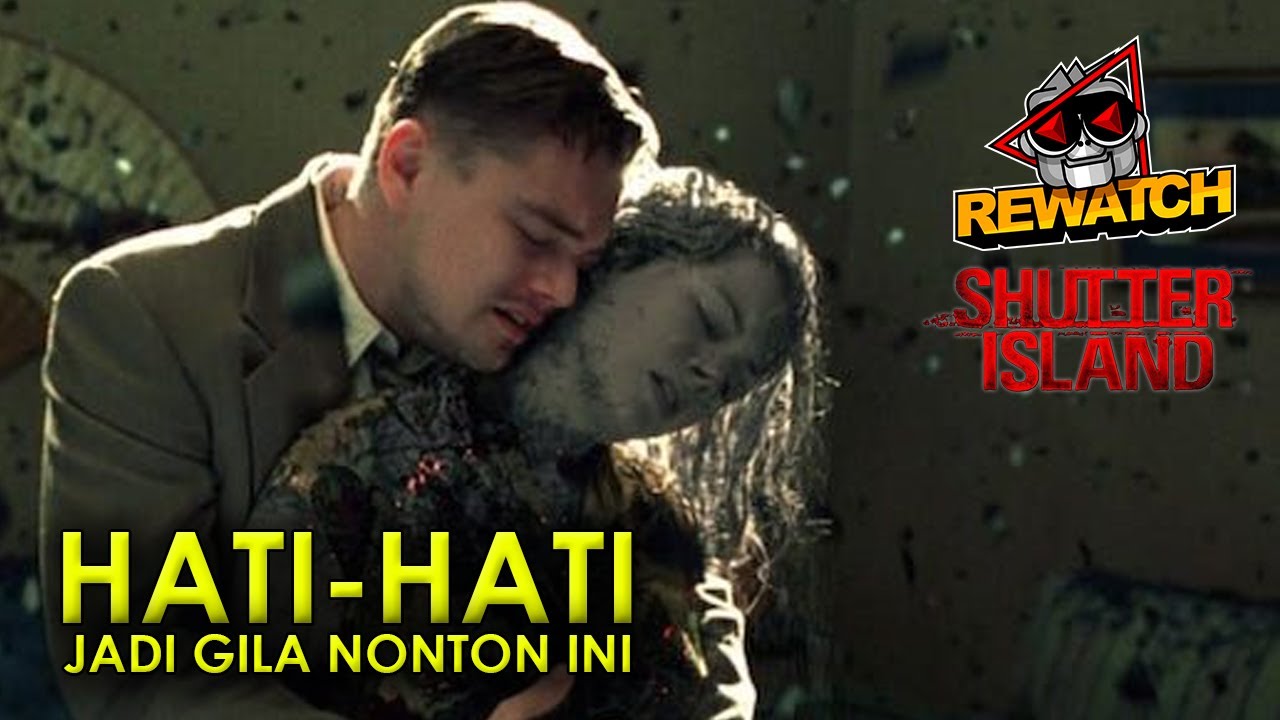The TRUTH of the Tortured Artist: How Madness and Creativity are Linked
Summary
TLDRThis video explores the enduring trope of the 'tortured artist,' examining the complex relationship between creativity and mental illness. It discusses how societal perceptions often romanticize artists after their deaths, overshadowing their struggles during life. The speaker reflects on personal experiences in the creative field, emphasizing the importance of intrinsic passion over external validation. They highlight how artists frequently challenge moral boundaries and express profound emotions through their work, even when such expressions stem from suffering. Ultimately, the video advocates for a nuanced understanding of the tortured artist archetype, asserting that great art can emerge from various experiences, not just those marked by mental illness.
Takeaways
- 😀 The 'tortured artist' trope reflects the common perception that many successful artists struggle with mental illness and addiction.
- 🎨 This trope persists across generations, with new examples of creative individuals demonstrating neurotic traits.
- 🧠 Observations suggest that mental illness can coexist with high levels of creativity, but its impact varies widely among individuals.
- 💔 Many artists who face mental health challenges often do not achieve recognition until after their deaths, leading to a romanticized view of their lives.
- 💡 Artists serve as beacons of hope for others struggling with mental illness, as their recognition highlights the potential for creative expression despite suffering.
- 📉 The relationship between creativity and mental illness is complex; while some argue that suffering fuels great art, others believe it can hinder creativity.
- 🧑🎨 Public perception of artists often changes posthumously, romanticizing their struggles while ignoring the difficulties faced by those who knew them in life.
- ⚖️ Artists are sometimes seen as operating outside societal norms, which can lead to a different moral compass, further complicating their public image.
- 🗣️ The speaker emphasizes the importance of loving the creative process itself, regardless of external validation or recognition.
- 📚 Ultimately, while the tortured artist trope has some basis in reality, it oversimplifies the intricate relationship between mental health and artistic creation.
Q & A
What is the main theme explored in the video?
-The video examines the 'tortured artist' trope, focusing on the relationship between mental illness and creativity, and how this trope is perceived in society.
How does the speaker describe the traits of creative individuals?
-The speaker notes that creative individuals often exhibit neurotic traits, which can lead to greater artistic expression but also pose challenges in their personal lives.
What are some consequences of the tortured artist trope mentioned in the video?
-The consequences include the romanticization of artists after their deaths, which can overshadow their struggles during life, and the tendency for society to overlook the difficulties faced by mentally ill individuals.
How does the speaker differentiate between recognition during life and posthumous fame for artists?
-The speaker points out that while some artists achieve fame and wealth during their lifetimes, they often receive greater romanticization and recognition after death due to societal perceptions and marketing efforts by others.
What example does the speaker use to illustrate the challenges of mental illness in artists?
-The speaker references Kanye West as an example of how dealing with mentally ill individuals can be complicated, illustrating the public's struggle to separate an artist's personal issues from their creative output.
In what way does the speaker argue that artists push moral boundaries?
-The speaker suggests that artists often operate outside societal norms, using their work to challenge and push the moral boundaries of their time, which can lead to both admiration and criticism.
What point is made about the evolution of an artist's work over time?
-The speaker notes that artistic merit may be unrecognized during an artist's life, with significant shifts in their style or themes often receiving more appreciation after their passing.
How does the speaker view the relationship between mental illness and creativity?
-The speaker argues that while mental illness is often linked to artistic creativity, it is not a necessity for producing good art, and in many cases, it may hinder rather than help the creative process.
What role does public perception play in the romanticization of artists?
-Public perception is crucial, as individuals often romanticize artists they do not know personally or those who have died, viewing them through a lens of admiration that overlooks their real-life struggles.
What is the speaker's overall stance on the tortured artist trope?
-The speaker acknowledges the criticisms of the trope but believes there is some validity to its basis, arguing that the connection between suffering and artistic expression will always exist as long as both artists and suffering are part of society.
Outlines

Cette section est réservée aux utilisateurs payants. Améliorez votre compte pour accéder à cette section.
Améliorer maintenantMindmap

Cette section est réservée aux utilisateurs payants. Améliorez votre compte pour accéder à cette section.
Améliorer maintenantKeywords

Cette section est réservée aux utilisateurs payants. Améliorez votre compte pour accéder à cette section.
Améliorer maintenantHighlights

Cette section est réservée aux utilisateurs payants. Améliorez votre compte pour accéder à cette section.
Améliorer maintenantTranscripts

Cette section est réservée aux utilisateurs payants. Améliorez votre compte pour accéder à cette section.
Améliorer maintenantVoir Plus de Vidéos Connexes

Sadness: Let's Talk About It (World Mental Health Day)

KRIMINAL: The first Filipino serial killer

Why I Disappeared - How Bowie's Advice Changed my Attitude

Jinx: How Arcane Wrote Psychosis

SIAPA SEBENARNYA YANG GILA. TEDDY, RUMAH SAKIT, ATAU JUSTRU KALIAN? | SHUTTER ISLAND REWATCH-30

Is there a difference between art and craft? - Laura Morelli
5.0 / 5 (0 votes)
